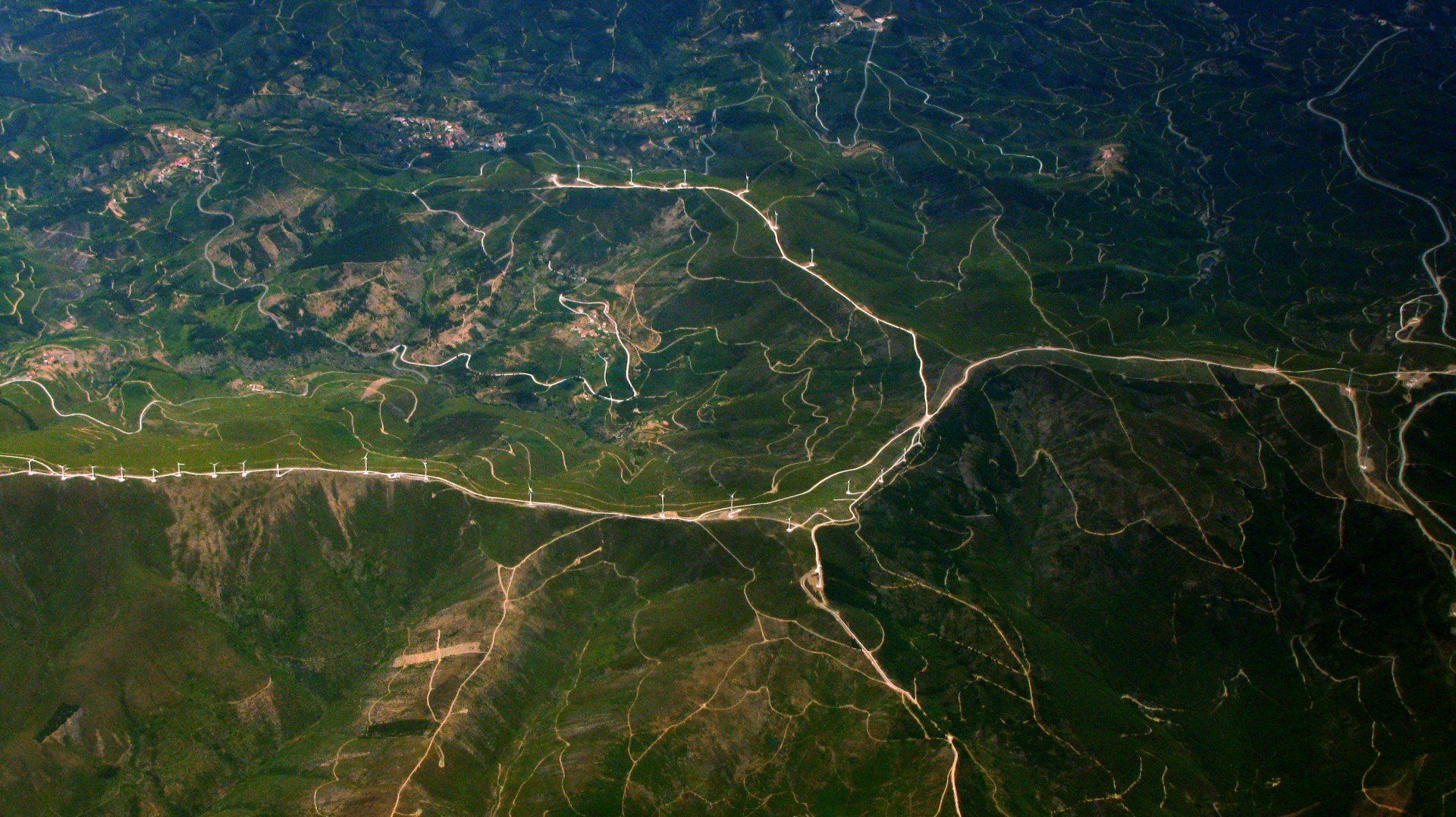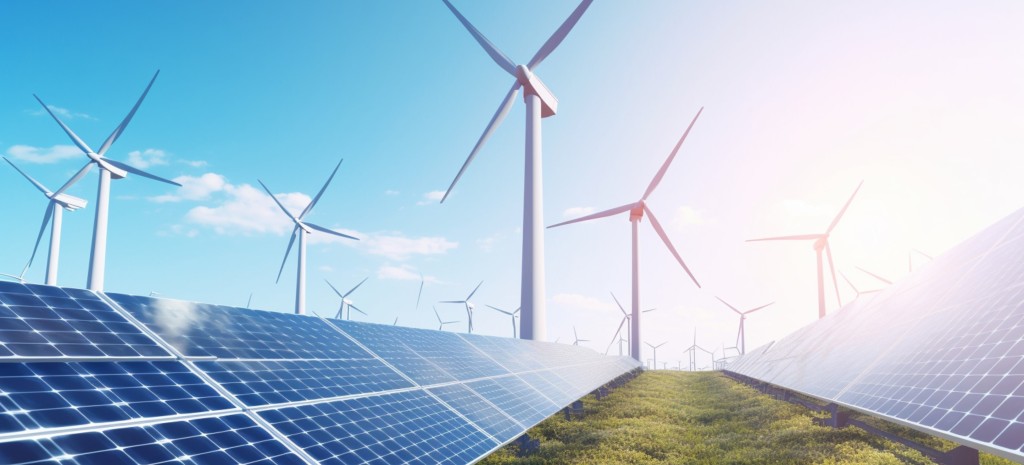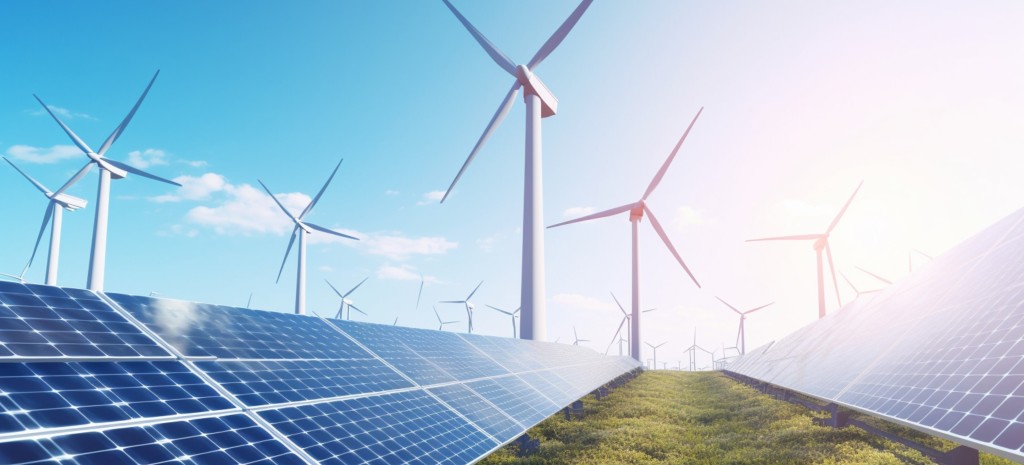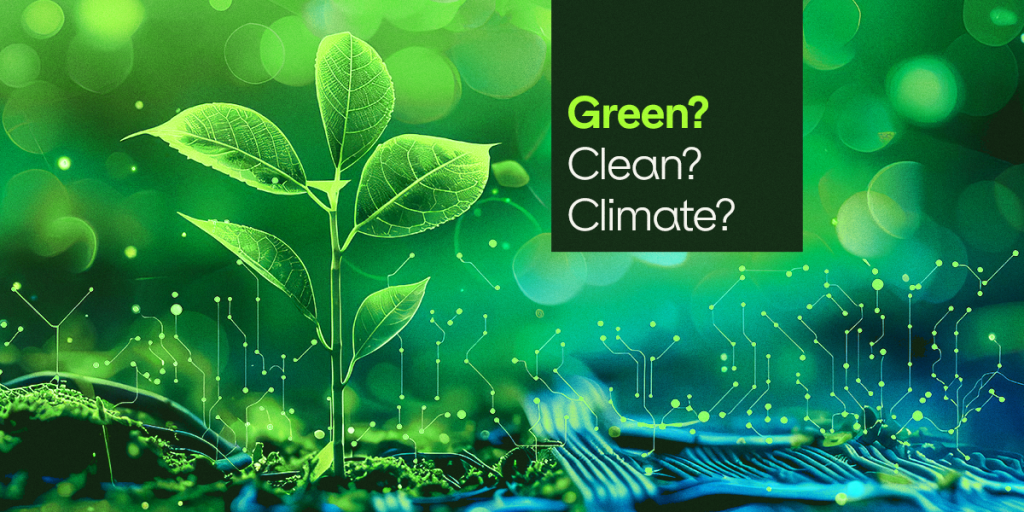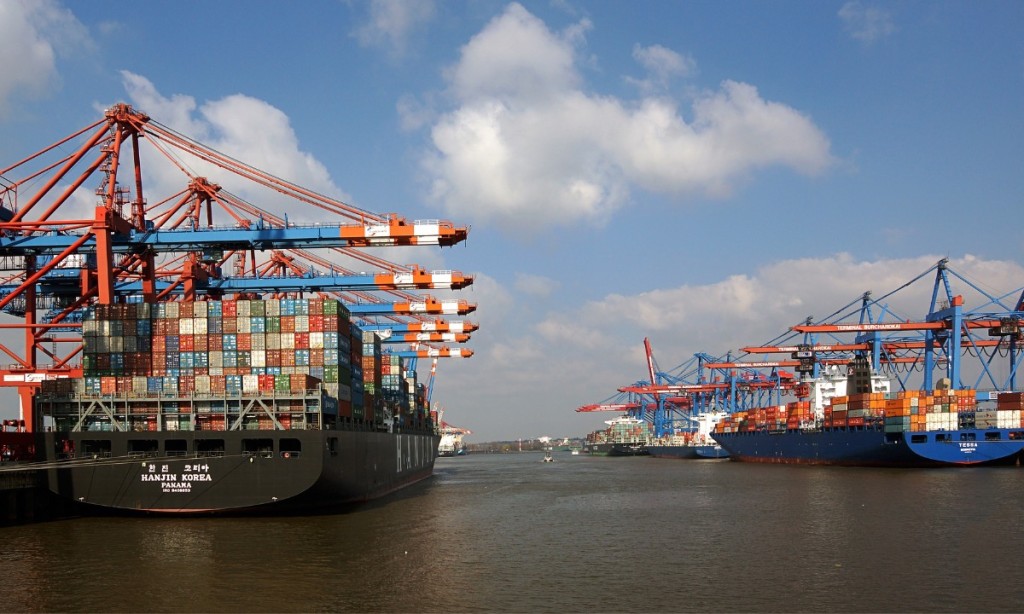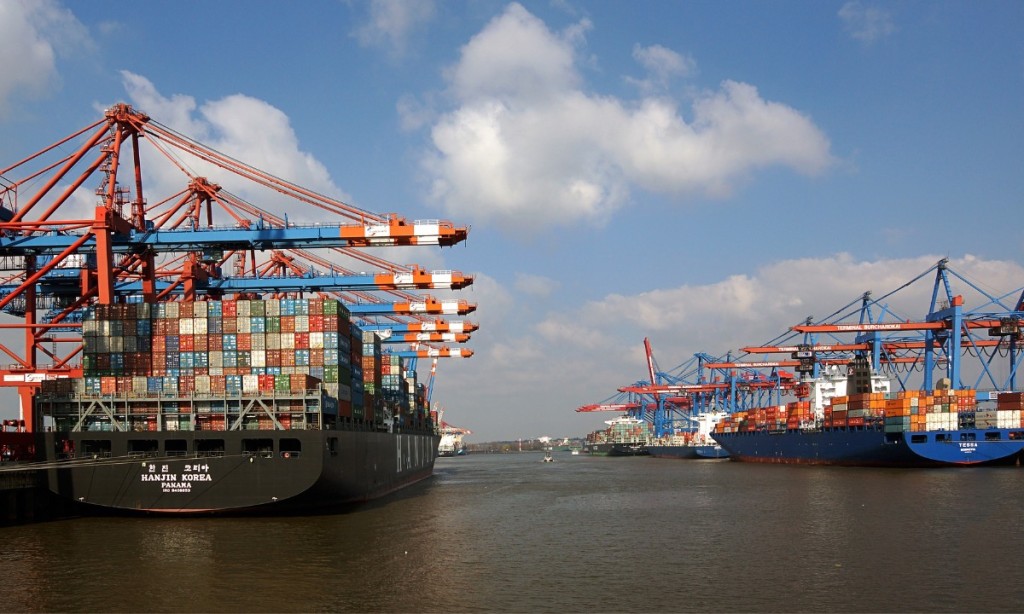Greentech e o maior desafio da humanidade
Welcome back!
As promised in our previous post, from now on we will begin to share more info and knowledge about the Greentech investment sector through this channel.
In today’s article we introduce one of humanity’s greatest current challenges:
How to steeply grow food production in the next few years while significantly reducing GHGs emissions?
The content of this article is an excerpt from the introductory part of our Greentech Market Investment Thesis. This is the document that in great part guides our investment strategy for the Brazilian and Latam greentech markets.
The text below is the introductory part of the document, which we expect to share in full content via this channel in the next few articles. The articles that will follow this one, will address and explain Barn’s 5 main Greentech Investment Verticals, as well as the inefficiencies, competitive advantages and investment opportunities that we are interested in, and excited about within the greentech world. Don’t forget to subscribe and check us out for the upcoming info and full content of our investment thesis.
For now, let’s start with the problem, and a few important definitions…
. . .
Addressing humanity’s biggest challenge
By 2050, the global population is expected to grow by 25%, reaching approximately 10 billion people. This will lead to a sharp increase in demand for food, energy, and water, as well as a significant rise in GHGs emissions.
By 2050–10 bn people:
- 55% more water demand
- 60% more energy
- 70% more food
Additionally:
- (i) the rising living standards (an estimated 8 to 12% increase in per capita food consumption in the same period);
- (ii) the rapid expansion of the urbanized population, implying in the growing threat of climate change which will further intensify the pressure on the planet’s natural resources.
There is an urgent need to find more efficient and productive ways to meet the planet’s growing population demand whilst lowering environmental impacts of production.
Complying with the 1.5 Celsius degrees maximum temperature increase by achieving net-zero emissions in 2050 in line with Science-Based Targets, will require rethinking of food, agriculture, land use, retail, consumption, transport, how we build, our industrial processes, and what materials we use.
Brazil & Latam have key roles
Brazil and Latin America’s natural resources, and competitive advantages put the region on the spotlight for the future, playing a key, protagonist role in both feeding, and decarbonizing the world.
. . .
Taking on the green path
Despite progress, advancement towards net-zero has been slow. Analysis shows that the world is moving at just a fraction of the decarbonization rate required to keep global warming to 1.5 degrees — beyond which, according to scientists, we face dangerous climate impacts.
To keep global warming below two degrees, emissions would need to fall 10 times faster, at 6% year-on-year to 2050.
No doubt that we are facing a huge challenge, but the good news is that throughout the course of history, technological advancements have enabled humanity to bridge these gaps.
Larger increases in agricultural production have been recorded in comparable, or even shorter time frames… For example, between 1961 and 2011, global agricultural output more than tripled.
We are confident that breakthroughs in technologies, products, and materials, will enable the expansion of production while reducing GHG emissions.
At Barn Investments we are optimistic about humans’ capacity for innovation and technological enhancements. We see an open window of opportunities over the next 10 years to direct resources to develop and deploy the transformational solutions needed to improve and decarbonize agriculture and industries.
. . .
More and more capital making its way to green assets…
From 2013 to 2019 VC investment in Climate Tech has increased by more than 3.750% reaching approximately US$ 15 billion. Investment in climate tech has grown at almost five times the rate of the overall global venture capital market, with similar growth seen in the number of deals.


Mainstream venture investors such as Sequoia Capital, Founders Fund, Khosla Ventures, are increasing their portfolio allocations in green tech opportunities. Alongside VCs, global corporations such as BP, Shell, Maersk, Rio Tinto, Daimler, Nestle, Unilever, Amazon, Microsoft, and others have publicly made net zero commitments.
Such influx of capital combined with the “first” wave of Green Tech unicorns (Beyond Meat, Nest, Tesla, etc.), are setting the stage to more success stories, drawing more investors and entrepreneurs to the green ecosystem.
. . .
Defining Greentech
There is a significant discussion regarding the definition of new green technologies that improve resource efficiency, as well as dealing with climate change issues.
Clean tech
Has been defined as any new business model or technology that increases efficiency while minimizing negative impacts on the environment.
Climate tech
Climate tech deals specifically with addressing climate change and thus is defined as any new business model and technology that mitigates the impacts and drivers of GHG emission. This includes new technologies in sectors such as clean energy, which focuses on reducing our reliance on GHG-producing fossil fuels; transportation, one of the top GHG emitters globally; and the built environment, where improved energy efficiency and innovative building materials can reduce building energy consumption and thus GHG emissions when considering the current energy production mix.
Though the terms can be used interchangeably, climate tech and cleantech aren’t synonymous, nor does one derive directly from one another.
While climate tech has a unique set of priorities based on addressing a monumental, global challenge, cleantech is focused on improving humankind’s efficiency and interaction with the environment around us.
Green tech
For our investment thesis and investment targets we choose to look at both climate tech and clean tech solutions, considering these two as one single sector, or industry which we prefer to define in a broader way as GREENTECH.
